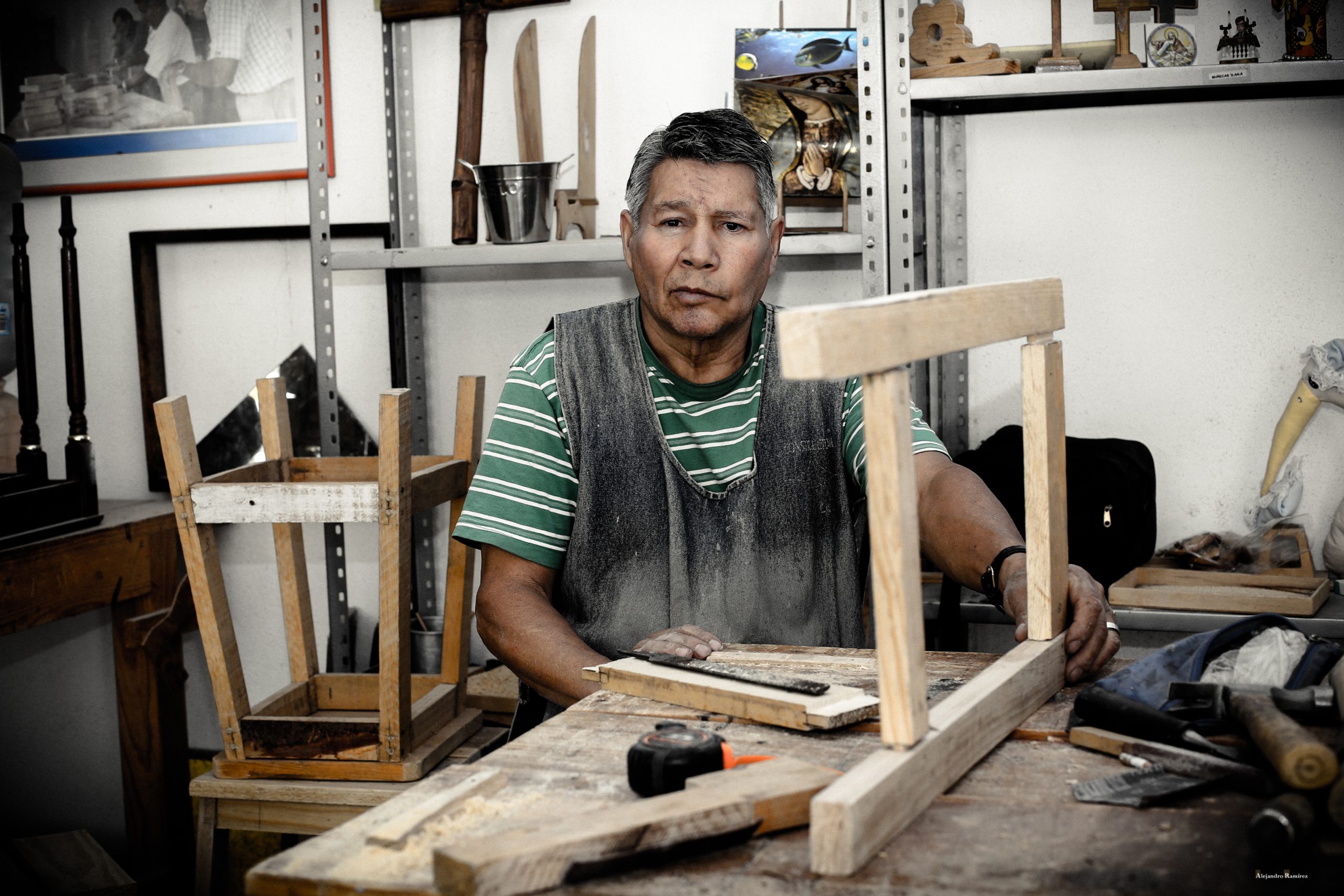As a carpenter, you will need a variety of tools and equipment to complete your projects.
Types of Carpentry
Types of Carpentry including rough carpentry, finish carpentry, and cabinetmaking. Rough carpentry involves framing and other structural work, while finish carpentry focuses on the aesthetic details of a structure, such as trim work and molding. Cabinetmaking involves building custom cabinetry and furniture.
Tools of the Trade
Carpentry requires a wide range of tools, both hand and power tools. Hand tools include hammers, saws, chisels, and planes, while power tools include drills, saws, and routers. Modern carpenters also use digital tools such as CAD software to design and plan their projects.
Safety in Carpentry
Carpentry can be a dangerous profession, and safety is a top priority for carpenters. They must wear protective gear such as safety glasses, hard hats, and gloves, and be familiar with safety procedures for working with power tools and heavy machinery.

Sustainable Carpentry
Sustainability is becoming increasingly important in carpentry, and carpenters are finding ways to use eco-friendly materials and practices. They may use reclaimed wood or other recycled materials, as well as incorporate energy-efficient features in their building designs.

Women in Carpentry
While carpentry has traditionally been a male-dominated field, more and more women are entering the profession. Women carpenters face some unique challenges, but they also bring valuable skills and perspectives to the job. Overall, carpentry is a rewarding and fulfilling career that can provide satisfaction and pride in the work accomplished.

International Carpentry
Carpentry is a global profession, with variations in techniques, materials, and tools depending on the region. Some countries have long-standing carpentry traditions that have been passed down through generations, while others are adapting to new technologies and building practices.
Famous Carpenters
Carpentry has played a role in some of the most iconic structures in history, and many famous carpenters have left their mark on the world. Some examples include Jesus, who was a carpenter by trade, and Leonardo da Vinci, who was skilled in both carpentry and architecture.
Carpentry and Construction
Carpentry is a crucial part of the construction industry, and carpenters work on a wide range of building projects. They may build everything from simple wooden structures like sheds and decks to complex commercial buildings like hospitals and high-rise office towers.
Carpentry and Renovation
In addition to new construction, carpenters also play an important role in renovation projects. They may be called in to repair or replace damaged or worn-out building components, or to update the design of an older structure.

Carpentry and Design
Carpentry is not just about building things; it also involves design and planning. Carpenters must be able to read and interpret blueprints and other construction documents, as well as work with architects and other professionals to ensure that the building meets all necessary codes and regulations.
Skills Needed for Carpentry
Carpentry requires a range of skills, including physical strength, hand-eye coordination, attention to detail, and the ability to work with a variety of materials and tools. In addition, carpenters must be able to problem-solve and think creatively, as building projects often require unique solutions.
Specializations in Carpentry
Challenges in Carpentry, While carpentry can be a rewarding and fulfilling career, it also comes with its own set of challenges. Carpenters may face physical strain from repetitive motions or working in awkward positions, as well as the risks associated with working with heavy machinery and power tools.
Advancements in Carpentry
As technology continues to advance, carpentry is also evolving. New materials and tools are constantly being developed, and carpenters must stay up-to-date on the latest trends and techniques. carpenters to design and plan projects more efficiently.
Responsible
Carpenters are responsible for cutting, shaping, and installing building materials during the construction or renovation of various structures. They work with wood and other materials, such as metal, concrete, and plastics.
Physical strength
Carpentry requires physical strength, dexterity, and attention to detail, as well as the ability to read blueprints and interpret dimensions. It is a versatile trade with opportunities for specialization and advancement, and it offers a positive job outlook and decent salary.
Male-dominated
While carpentry has traditionally been a male-dominated field, bringing valuable skills and perspectives to the job. Carpentry is also becoming more environmentally friendly, with a growing emphasis on sustainable building practices.


